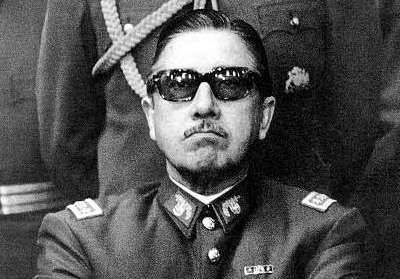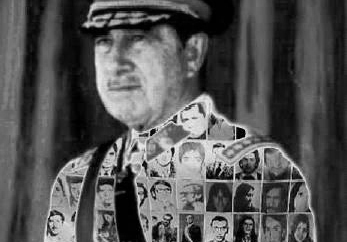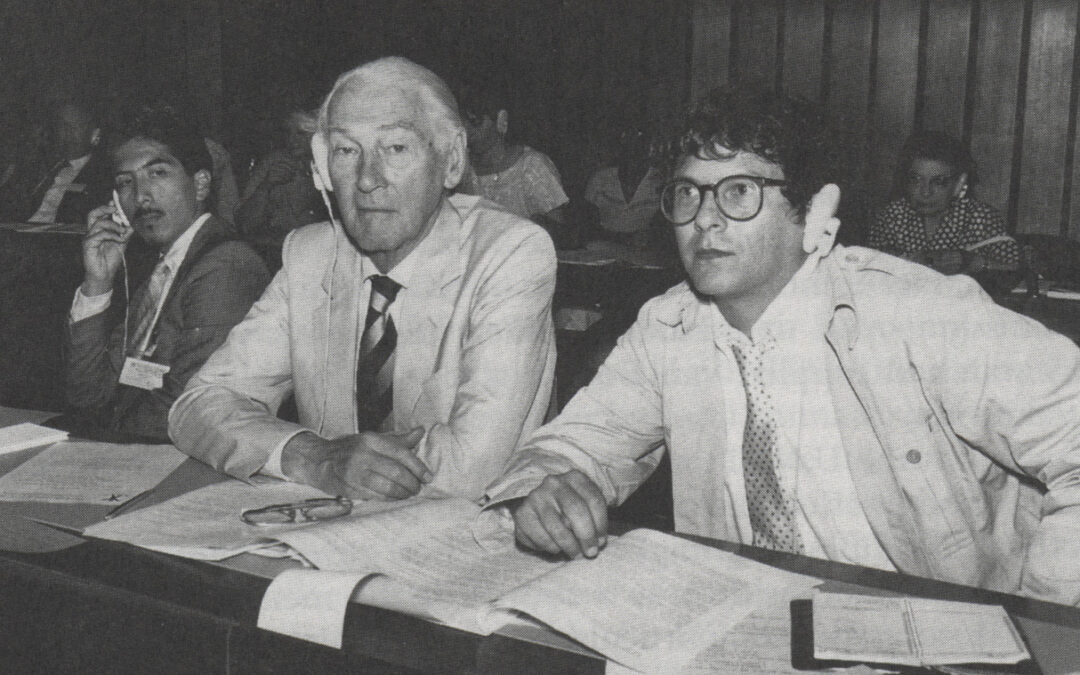
ICJ regrets decision not to extradite Pinochet but hails advance made against impunity
The ICJ finds the decision by British Home Secretary Jack Straw not to extradite former dictator Pinochet to Spain to be extremely regrettable.

The ICJ finds the decision by British Home Secretary Jack Straw not to extradite former dictator Pinochet to Spain to be extremely regrettable.

Today, the ICJ made the following statement concerning the arrest in London, and subsequent detention, of the former dictator of Chile, General Augusto Pinochet Ugarte.

The ICJ said today that the UN should extend the mandate of the International Tribunal on the former-Yugoslavia to the crimes now being committed in Rwanda.

In April 1972, Niall MacDermot, Q.C, Secretary-General of the ICJ, paid a visit to Dacca with two objects in view.
The first was to obtain further information for the study which the staff of the International Commission of Jurists was preparing on the events in East Pakistan in 1971. The second was to seek to persuade the government of Bangladesh that, if, as stated, they were going to bring to trial senior Pakistani generals and officials on charges of war crimes and crimes against humanity, they should do so under international penal law before an international tribunal containing a majority of judges from neutral countries.
In order to explain why this was urged upon the Bangladesh government,the nature of the violations of human rights which occurred on both sides will be outlined briefly, followed by comments upon their implications under international penal law, before dealing with the trial procedures which the Commission suggested should be followed.
Reprinted from The International Lawyer, volume 7 number 2, of April 1973.
Bangladesh-crimes against humanity-1973-eng (full text in English, PDF)